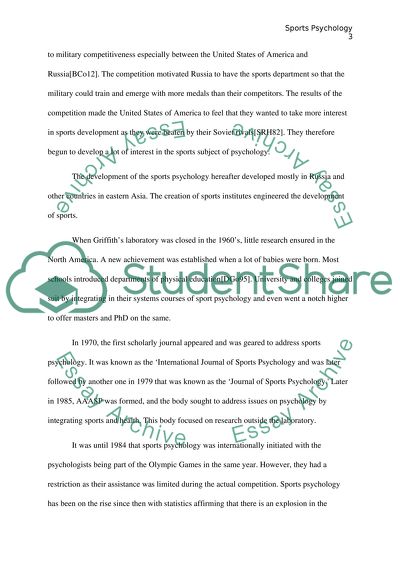Cite this document
(“The placebo effect: an asset or a problem for sport psychology Discuss Essay”, n.d.)
The placebo effect: an asset or a problem for sport psychology Discuss Essay. Retrieved from https://studentshare.org/psychology/1655308-the-placebo-effect-an-asset-or-a-problem-for-sport-psychology-discuss
The placebo effect: an asset or a problem for sport psychology Discuss Essay. Retrieved from https://studentshare.org/psychology/1655308-the-placebo-effect-an-asset-or-a-problem-for-sport-psychology-discuss
(The Placebo Effect: An Asset or a Problem for Sport Psychology Discuss Essay)
The Placebo Effect: An Asset or a Problem for Sport Psychology Discuss Essay. https://studentshare.org/psychology/1655308-the-placebo-effect-an-asset-or-a-problem-for-sport-psychology-discuss.
The Placebo Effect: An Asset or a Problem for Sport Psychology Discuss Essay. https://studentshare.org/psychology/1655308-the-placebo-effect-an-asset-or-a-problem-for-sport-psychology-discuss.
“The Placebo Effect: An Asset or a Problem for Sport Psychology Discuss Essay”, n.d. https://studentshare.org/psychology/1655308-the-placebo-effect-an-asset-or-a-problem-for-sport-psychology-discuss.


